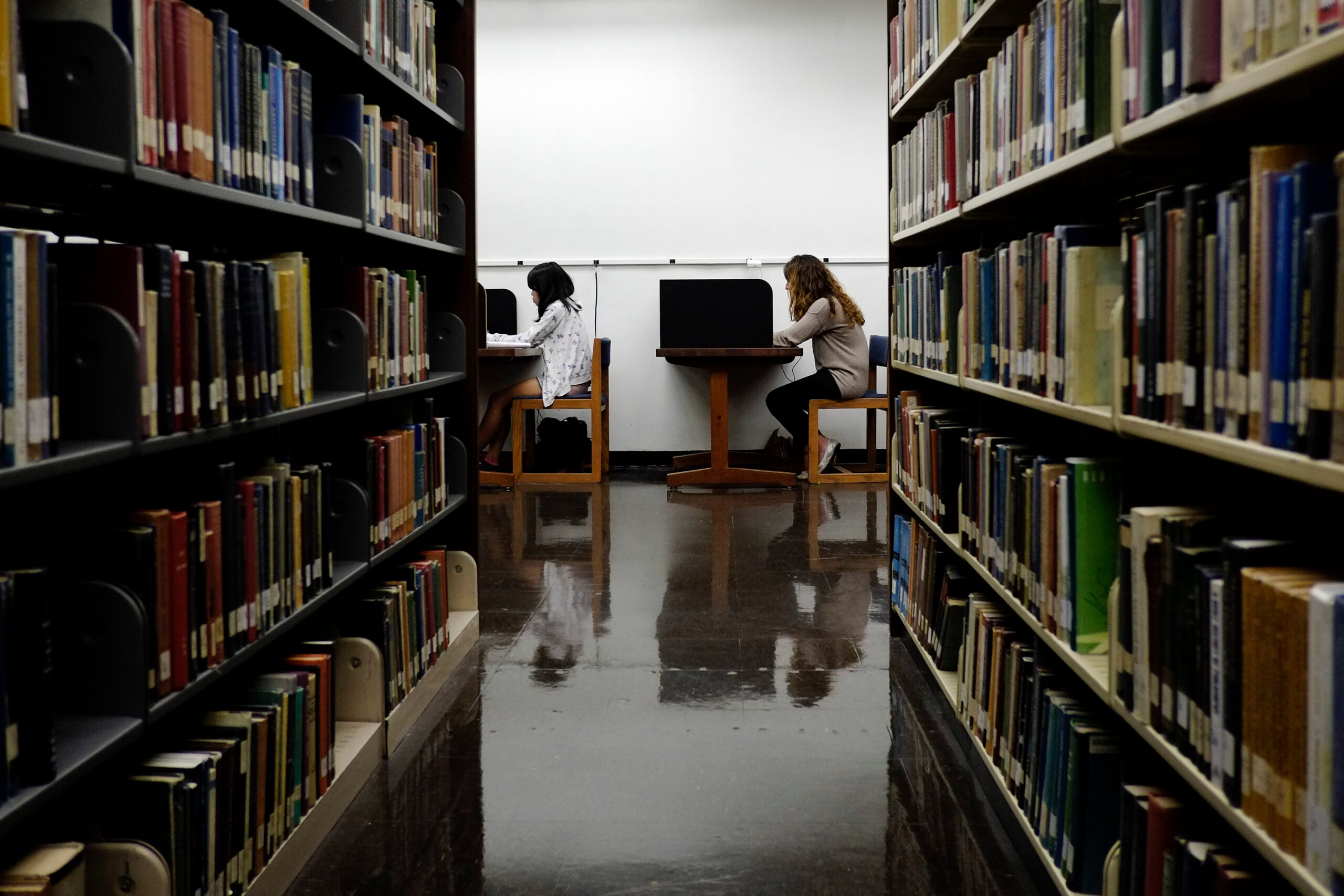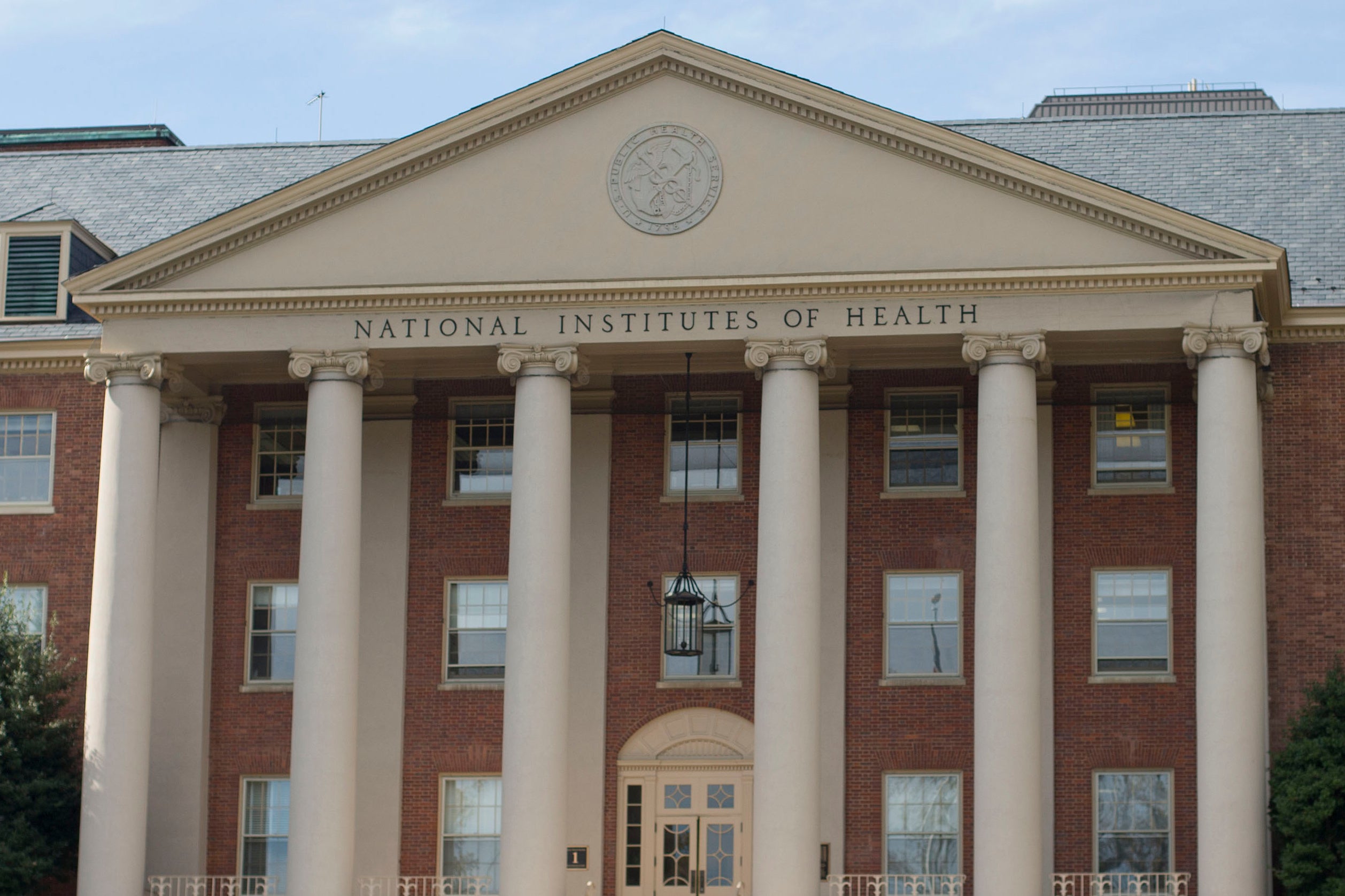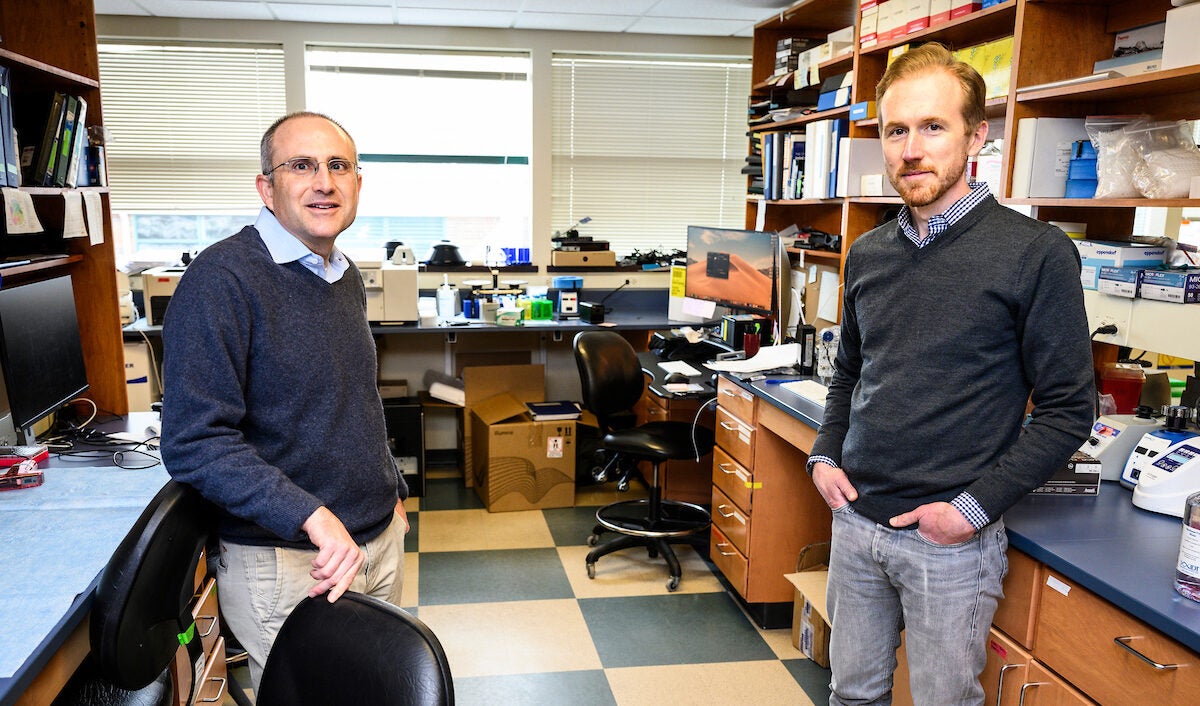Every year, thousands of published academic papers are retracted due to flawed data, plagiarism and other errors. Still, research watchdogs worry that far more articles and authors continue to evade accountability for misconduct.
Ivan Oransky is the cofounder of Retraction Watch and a distinguished journalist in residence at New York University’s Arthur Carter Journalism Institute. He finds some scientific fields and journals are better than others at identifying “bad actors in academia.”
“But the most likely outcome for someone who commits fraud in science is a long and productive career,” Oransky said.
News with a little more humanity
WPR’s “Wisconsin Today” newsletter keeps you connected to the state you love without feeling overwhelmed. No paywall. No agenda. No corporate filter.
Oransky recently discussed research retractions on WPR’s “The Morning Show,” along with Elizabeth Suelzer, an application support analyst for Advocate Health — Midwest Library at Aurora St. Luke’s Medical Center in Milwaukee.
While Oransky said too few journals and research leaders are monitoring for problematic studies, Suelzer said the process of retracting studies also takes a long time.
“While these papers with their flawed data are out in the public, people are using them to influence their own research. And there’s wasted time there, wasted money. A lot of waste,” Suelzer said.
On “The Morning Show,” Oransky and Suelzer also talked about the retraction process, the purchase of publishing credits, and fields of study that do better rooting out problematic research.
The following was edited for brevity and clarity.
Lee Rayburn: Every year thousands of published academic papers are retracted. What are your concerns about these retractions?
Ivan Oransky: Two-thirds of retractions are for something that we would likely agree is misconduct. … What this says to us is that peer review — the practice where peers, other experts, are supposed to review studies before they’re published … isn’t really catching all these problems.
The bigger issue is that so many papers that should be retracted in fact aren’t being retracted. The thousands of retractions are still somewhere between one in 500 or one in 1,000 papers being published every year. I think it’s important to say that (an article retraction) is still a pretty rare event.
LR: What does the retraction process generally look like?
Liz Suelzer: There’s a lot of people who need to be involved. You’ve got the editors and the publishers, people at the institution where the research was conducted and review boards. … Any institution that’s getting federal funding, from the National Institutes of Health or the federal government, they need to have in place a process to review any misconduct. And this process can take months to a year to happen. You’ve got a lot of people involved and looking at the data.
LR: If a researcher publishes and cites a retracted article, does that author get notified of the retraction? How does this influence other research?
LS: A lot of researchers use a citation manager to store the documents that they’re finding online. And if you use a citation manager, like EndNote or Zotero … they’re actually linked to Retraction Watch. Every time you open up (a research paper in these managers), they call out to Retraction Watch and ask if anything in your library has been retracted.
LR: Are we to be reassured by the increase in research papers being retracted? Or is this a cause for concern?
IO: I think much, if not all, of the recent rise is due to better screening, in other words, people actually looking for problems. It’s not great that misconduct or errors happen. About 20 percent of these are due to honest errors.
But I think there’s been a dramatic rise in retraction over the past few years because of something called paper mills. They actually sell papers to authors and researchers who are under tremendous pressure. “Publish or perish” is a very real thing. For some (academics), it’s an economically good decision to buy a paper instead of doing the research themselves. Or, buy authorship on papers that have already been accepted (for publication).
The incentive structure that researchers are laboring under is pretty intense. We should be somewhat reassured that journals, universities and government agencies are starting to take this much more seriously.
Decoupling tenure, promotion and careers from publishing in certain journals or any journal would really do a lot. Some journals are hiring research integrity managers — staff to look at these issues when they come up or before they come up. That’s a good step.
LR: Are retractions more common in some fields of study than others?
IO: Not all fields are taking this issue seriously. … If it’s a mature field actually trying to do the right thing, (misconduct prompts) a deeper look to make sure that the work and what is published and cited is as trustworthy as possible.
If you look at fields like social psychology … there seem to be more retractions but that’s probably because they’re looking for problems. Same thing was with anesthesiology. It’s a field that punches above their weight in terms of retractions. Cancer biology is another one, because they’ve actually started looking. If anything, we should trust those fields more.
LR: Retraction Watch reported on a physician formerly affiliated with the UW School of Medicine and Public Health who coauthored a paper about a hospital protocol to radically reduce deaths from COVID-19. Sounds good, but that paper ultimately had to be retracted. What are some of the consequences that researchers face after a retraction?
IO: A lot of people who’ve had a lot of retractions are no longer working in science. You can actually be sanctioned, in terms of losing the ability to get federal funding or your federal funding has to be supervised. Those are the rare cases, though. … In fact, they’re quite the opposite. We just don’t have as much vigilance and policing as we should. That being said, when there’s a major case, often the fact that the press reports on it can pressure the relevant people to do the right thing.
Wisconsin Public Radio, © Copyright 2025, Board of Regents of the University of Wisconsin System and Wisconsin Educational Communications Board.







